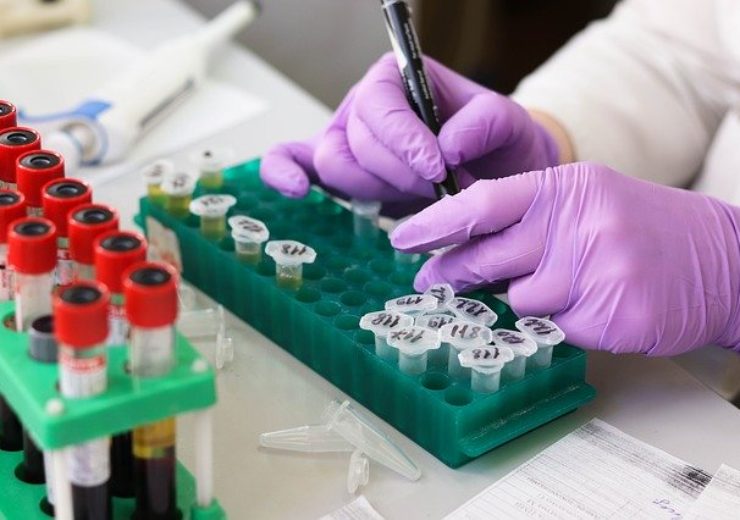The NRG-GI005 study has been commenced to validate the clinical utility of Guardant Health’s molecular residual disease assay as a diagnostic biomarker

The NRG-GI005 study will validate the clinical utility of Guardant Health’s molecular residual disease assay (Credit: Pixabay)
Guardant Health and NRG Oncology have commenced a randomised trial to validate the clinical use of Guardant Health’s molecular residual disease (MRD) assay as a diagnostic biomarker to choose the patients with stage II colon cancer requiring adjuvant chemotherapy.
The NRG-GI005 COBRA study or circulating tumour DNA (ctDNA) as a predictive biomarker in adjuvant chemotherapy in stage II colon cancer is a multi-centre randomised controlled study, which will recruit 1,408 patients with resected stage II colon cancer who meet their physician’s criteria for active surveillance.
The study will randomise the patients to either secure ctDNA-directed therapy or standard of care active surveillance.
The primary endpoint of the trial is the assessment of recurrence-free survival in patients who are ctDNA-positive post-operatively and treated with chemotherapy compared against the current standard-of-care active surveillance.
Guardant Health president Dr AmirAli Talasaz said: “Because five-year survival rates for stage II colon cancer are relatively high, most of these patients are not offered adjuvant chemotherapy after surgery.
“We are eager to demonstrate the clinical utility of our LUNAR-1 blood test to help identify the subset of patients who may benefit from chemotherapy based on their MRD status post surgery.”
The LUNAR-1 assay will help address challenges that have frustrated earlier approaches for MRD detection in early-stage cancers
The LUNAR-1 assay has been developed to solve different challenges that have confounded earlier approaches for MRD detection in early-stage cancers, including biological noise and the limited sensitivity of genomic-only and protein-based tests.
It can simultaneously identify tumour-specific genomic alterations and epigenomic signatures with high clinical sensitivity and specificity with a single blood draw.
According to Guardant Health, recent data demonstrated that the LUNAR-1 assay can detect MRD in early-stage colorectal cancer patients who may benefit from adjuvant therapy after undergoing a curative-intent intervention.
Guardant Health, a precision oncology company, produces liquid biopsy-based Guardant360 and GuardantOMNI tests for advanced-stage cancer patients.
NRG Oncology, which is one of the five research groups in the National Cancer Institute (NCI) funded the National Clinical Trials Network (NCTN), conducts clinical trials on gender-specific malignancies.
In December 2018, Guardant Health collaborated with AstraZeneca to develop companion diagnostic (CDx) tests for the pharmaceutical company’s oncology products.
